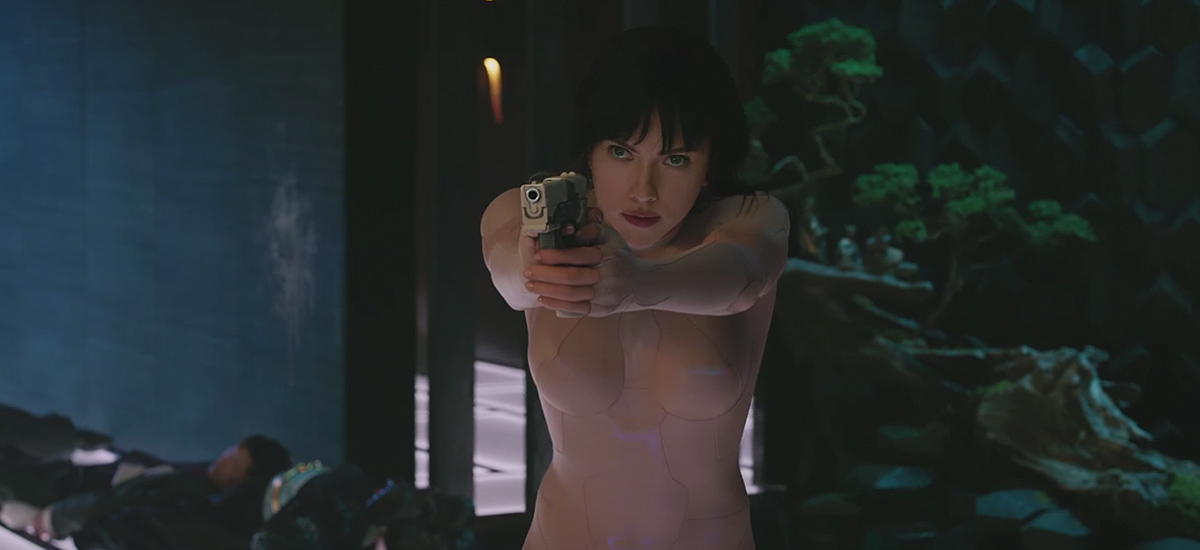- Olivia Wilde is a raw nerve. In her best performance she plays a woman with a single minded goal: help women or families whose children are under constant threat of abuse. When we first see her, she’s putting on yet another disguise, readying herself for war. Her plan is simple, calculated and set to be almost untraceable. When she isn’t in “go” mode, she’s training her body for the next mission, as it were. In the few moments where she lets her guard down, she suffers from PTSD and guilt.
A Vigilante isn’t subtle in how it feels about domestic abuse nor should it be. Topics like this may push people away, but they need a voice, usually as strong as the one here. What holds it back is a reliance on tropes and expectations that align itself somewhere between a Lifetime original movie and exploitation flicks of days past. While it wears its heart on its sleeve, it never wallows in homage. It can’t, as the pace has to be breakneck for maximum audience immersion. At the same time this, and by extension its structure holds it back, but only be a small degree.
First time directors usually aren’t this assured in their work, but Sarah Daggar-Nickson goes for broke. It’s a testament to her focus A Vigilante works as well as it does. Until it changes things up in a third act, that while emotionally necessary, feels at odds with what comes before. Her eye in terms of vision, though, is hard to deny. She captures Wilde often in close-ups, feeling both the seething rage and pain inside. There’s nothing overtly flashy about the production and that paired down aesthetic works well with the subject matter.
Much will be made about Wilde’s performance as Sadie, which makes sense as she’s in every frame of the movie. Were events to stray from her, covering a wider scope, it wouldn’t be as good as it is, warts and all. The supporting turns mostly come in the form of support group members as Sadie recovers from her tragedy. In a breathless, shattering monologue, she details her marriage and her “leaving moment”, whose scars she wears internally and internally. In a bold move, this moment is never witnessed in flashback. The weight of it though, influences every frame. A specter the heroine can never escape.
The process of Sadie’s form of justice is simple and devastating. Influenced by survival expeditions forced upon her by her husband and coupled with self taught defense techniques and how-to videos from YouTube, she’s able to live off the grid. Her contact information spread by support groups to those in dire need of rescue. Society at large isn’t of interest to Sadie, done being a victim, she lives only to bring others the lives they so desperately desire and she herself can never have.
Though not gratuitously violent, when mayhem erputs, it leaves an impact. Blood flows only when necessary. Each time it feels fresh, visceral, daring watchers to look away. Rarely do those deserving punishment get dealt the way they do to the degree here. Make-up and sound design make each blow, slice or this leave a mark. Wilde could easily stand toe to toe with the likes of John Wick or Atomic Blonde (insert character name here).
At the same time A Vigilante seems to exist as a rah-rah picture. It’s all about people nodding and cheering as despicable people get their just desserts. Which is all well and good and deserved. There just seems to be an element missing. A disconnect of sorts which may be wholly unintentional. For all the props and points that can be thrown it’s way (there’s a bunch), it feels strangely incomplete. Regardless it remains a film that’s well worth most people’s time for Olivia Wilde’s performance on it’s own. She may not get the attention or accolades she deserves for the part, but Hollywood studios need to at least make note of it.



